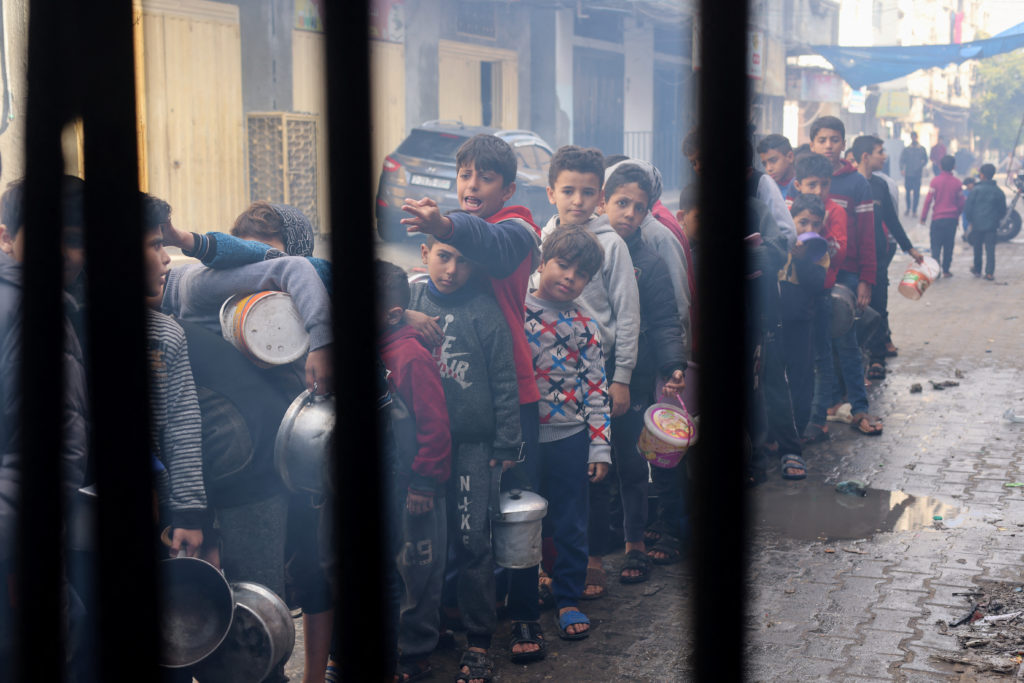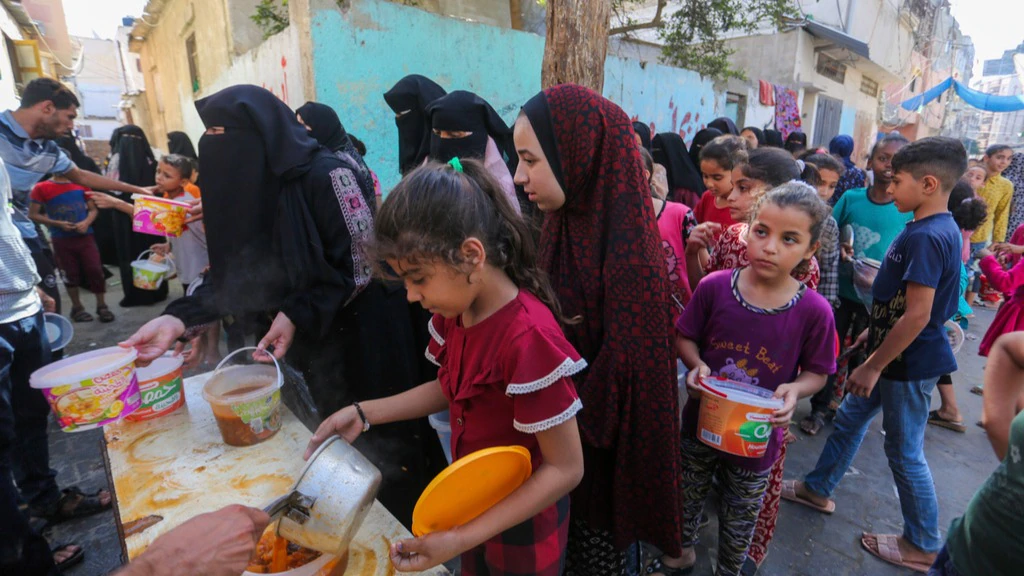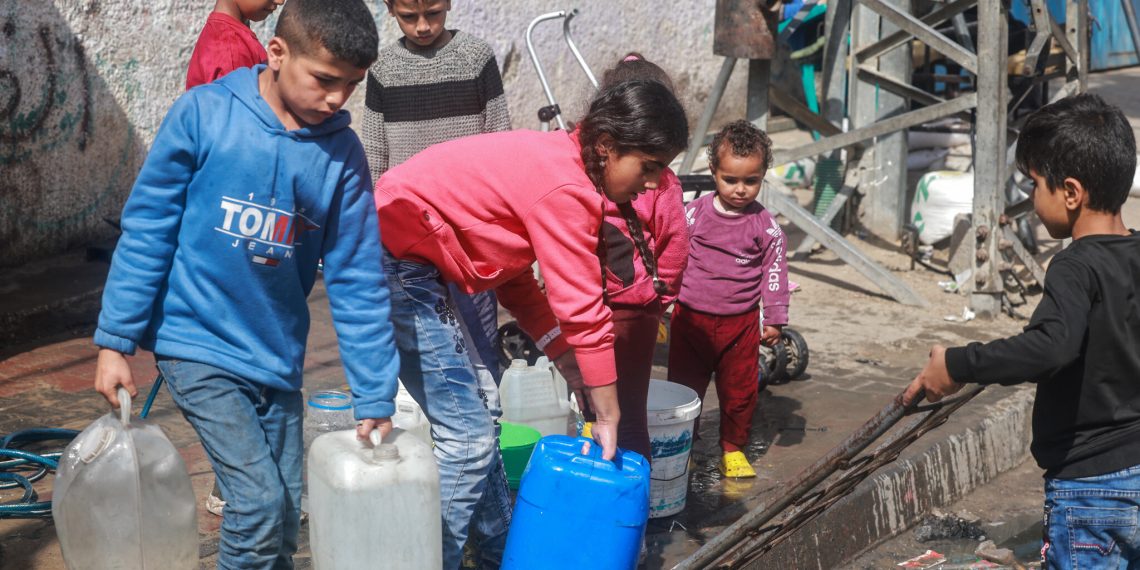Israel’s response to the humanitarian crisis in Gaza has seen progress but still requires further action, according to David Satterfield, the U.S. special envoy for humanitarian issues.
Satterfield acknowledged that Israel had taken significant steps in recent weeks but emphasized that substantial work remained.

He highlighted the urgent risk of famine in Gaza, particularly in the north, underscoring the necessity for enhanced aid distribution in the densely populated Palestinian territory.
Despite ongoing challenges, the United Nations Relief and Works Agency (UNRWA) reported an increase in the daily average number of aid trucks entering Gaza in April.
Philippe Lazzarini, head of UNRWA, noted a positive trend in aid distribution, attributing it to political will and decisive actions.
He emphasized the importance of sustaining these efforts to maximize their impact and prevent potential disease outbreaks, especially as warmer weather approaches.

However, UNRWA faces funding uncertainties, particularly due to the suspension of U.S. contributions until at least March 2025.
Lazzarini expressed concerns about the potential long-term impact of this suspension on UNRWA’s operations.
While temporary solutions may be feasible with support from other donors, a lasting suspension could significantly affect the agency’s ability to provide essential services to vulnerable populations in Gaza.





